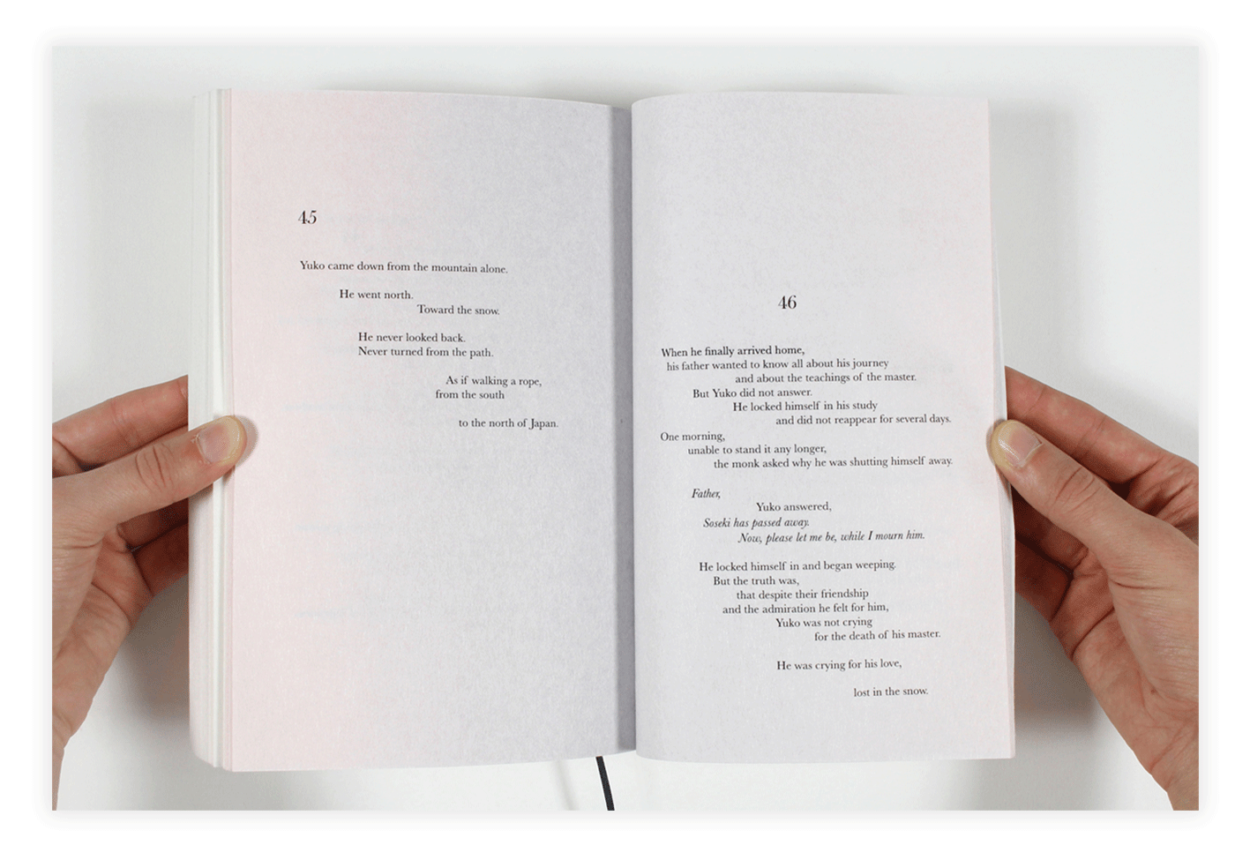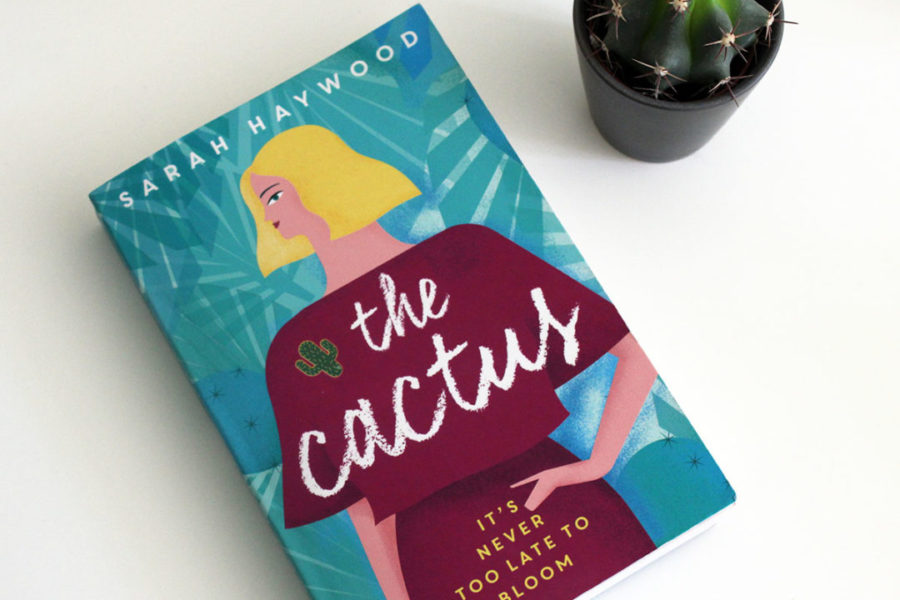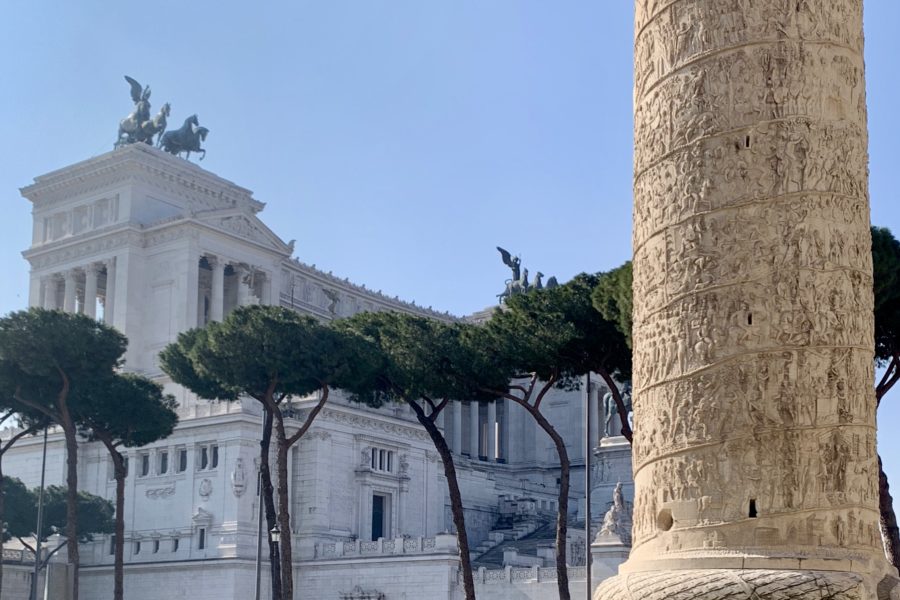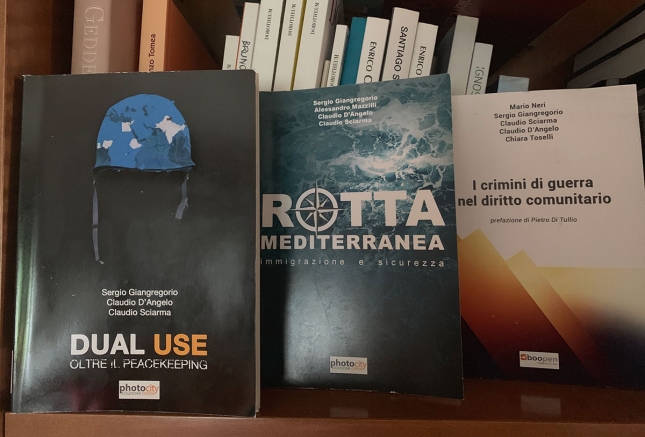I’m sure that the greatest power that reading has is to make us alienate and alienate ourselves from what is happening around us. I have elaborated this thought the first time I read “Snow” by Maxence Fermine, which is the most beautiful book I have ever read.
“Neige”, in the original language, is a particular text, which is not easy to talk about. It is one of those things that are not meant to be told, but to be lived, to be touched by hand, up close.
Built on a well thought-out alternation of “traditional” narration and haiku, a Japanese composition, the text does not refer to the Japanese world only as regards its structure, but also as regards the performance of the history. The protagonist is Yuko, a young Japanese poet, who is entrusted with the task of recounting the extraordinary love, but far in time, between Soseki, a painter who has become blind, and Snow, a beautiful girl with a beautiful appearance and regal attitude.
The story told by the writer originally from Albertville is a timeless dream, where magic and real feelings intersect to give life to a story that brings together various dichotomies, such as: life-death and love-death, with a lightness and poetry really difficult to find in other writers.
“Snow” is part of what is called the “trilogy of colors”: the text above, must be added “The Beekeeper” and “The Black Violin” which, to be honest, do not have the poetic vitality of the book 1999, in my opinion, difficult not only to overcome, but also to match. In both cases, we can find the structure that I would dare to define as almost schematic, composed of short but intense sentences that characterize Fermine’s narrative. But the formal composition is not the only characteristic that unites the three texts: even in the last two mentioned, the story revolves around a single protagonist, around which more characters unfold, with a particularly romantic and intense configuration and history. If “The Beekeeper” speaks of a young man who seeks the gold of life in any situation, “The Black Violin” narrates, against the background of a melancholic Venice, still of a young man, who intends to “change his life into music” .
It doesn’t matter from which of these titles you will start, but I am sure that the stories told by Maxence Fermine’s pen will make you dream, taking you to distant worlds, but also within yourself.
Tips for the purchase: the edition illustrated by Georges Lemoine of “Snow”.






